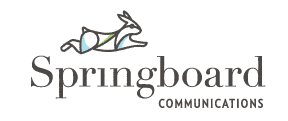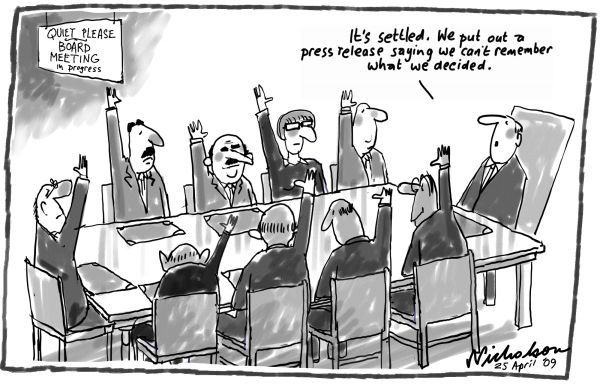What Your Board Isn’t Telling You About Your Brand
The hidden reason why board members struggle to fundraise, advocate and recruit — and what you can do about it
The strength of your board is a proxy for your organization’s overall success. The more influence and expertise board members bring, the better you’re able to advocate for your stakeholders’ interests, sharpen your efforts to serve them, and raise money to keep critical programs and strategies afloat. Why, then, do dynamic, talented and committed board members often miss the mark in one or more of these areas?
It might be because they can’t explain what you do and why that matters.
And it’s deeply embarrassing for a board member — new or seasoned — to admit that. After all, they listened dutifully during new-member training. They’ve read your mission and vision statement and your strategic plan. They spend hours with you every month getting updates on programs, financials, communications, and more. But, somehow, when they’re out in the community or chatting with a family member or friend, they find it hard to put into words what their service is supporting.
And, chances are, it’s probably not their fault.
Or yours. As the leader of your organization (or as a board member), you’re really close to your work. You understand your vision and the strategies you’re pursuing to get there. And it’s hard to put yourself in the shoes of someone who knows nothing about you, and is looking for a reason to share in your passion.
To help your board help you, arm them with the right tools.
Development, advocacy and volunteer recruitment are all different work streams, but they all usually begin with a conversation. Chatting at a party, an invitation to join an event, a Facebook post about a volunteer opportunity. In the absence of direction from you, each of your board members is likely beginning those conversations with a different idea about your organization’s purpose, strategies and impact. You can ease the burden of introducing your organization to the world — and bring clarity to your ambassadors’ messages — by arming them with a simple, consistent, and natural elevator pitch.
Craft an elevator pitch that includes what you believe, what you do better than anyone else, and why that’s important.
When you think and talk about education all day long — and so does everyone around you — it can be hard to take a step back and identify what you do that’s unique. Try considering this example from a sector that’s completely different in terms of audience and mission, yet similarly focused on achieving impact.
The Office of Behavioral Health Strategies unites partners across Denver to improve the mental wellbeing of our entire community and help thousands of people get their lives back. We believe that visionary leaders in the public, private, faith-based, and non-profit sectors can find better ways to meet our citizens’ mental-health needs. So we build connections that foster collaboration and innovation, and help good ideas get off the ground with expert guidance and resources. As a result, more effective support for mental wellbeing is reducing the strain on critical city services — and connecting people with the real supports they need to be healthy in every part of life.
We can help you do it!
At Springboard Communications, we specialize in developing the audience insights and foundational messaging that helps educators see with fresh eyes how their work is valued. Say hello today, and we’ll help you get your board members (and your staff, and your volunteers, and your marketing strategies, etc. etc. etc.) all on the same page.

